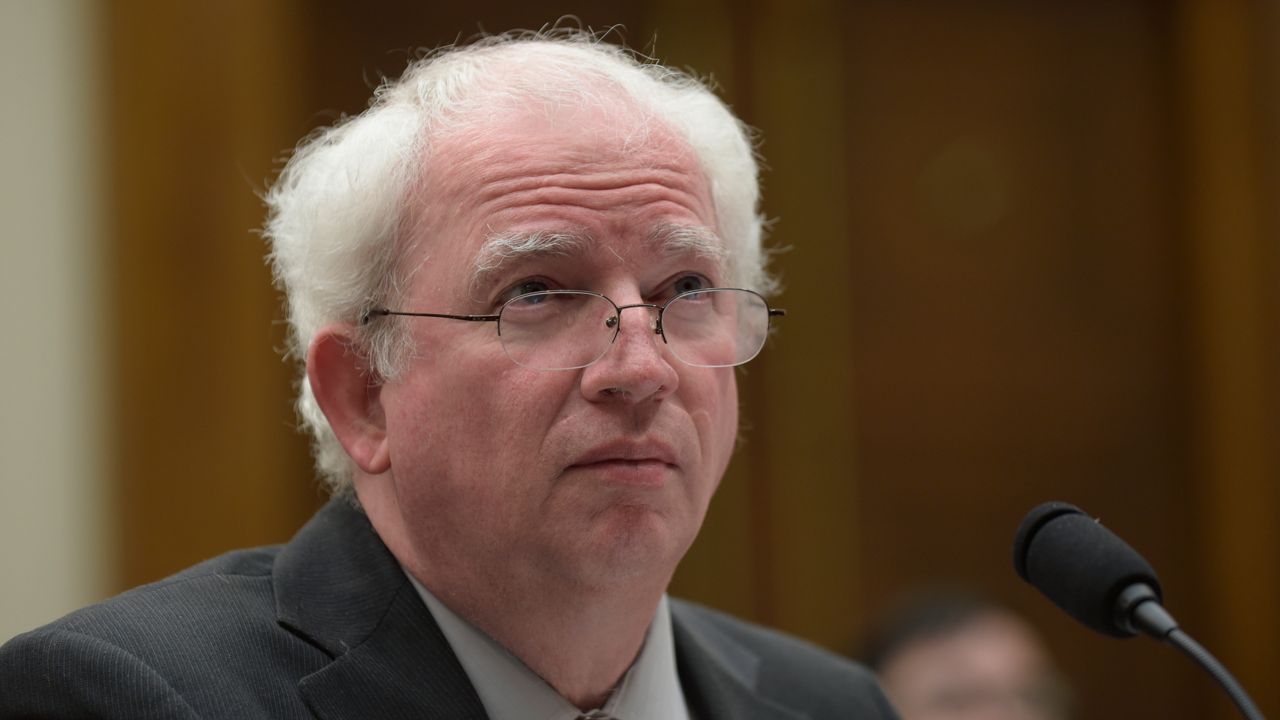SANTA ANA, Calif. (CNS) — Attorneys skirmishing over what emails from former Chapman University law professor John Eastman should be turned over to the congressional committee investigating the Jan. 6 insurrection agreed to a compromise that could cut in half the amount of time it will take to turn all the relevant documents over.
Last week, U.S. Judge David O. Carter rejected Eastman’s First and Fourth Amendment claims and request for a temporary restraining order in a lawsuit against Chapman University and the Jan. 6 select committee to block the congressional subpoena of Eastman’s emails.
That forced a compromise in which both sides would work on establishing which of the emails would be considered protected by attorney-client privilege.
The committee is especially focused on emails from Jan. 6 and Jan. 7, 2021. Eastman advised then-President Donald Trump on his legal theory of how then-Vice President Mike Pence could reject certification of Joe Biden’s election as president.
That process has been slowed with the committee complaining about Eastman’s pace in going over the emails.
At a hearing Monday, the attorneys agreed to drop emails that included news articles and communications with family members.
That could eliminate at least 40% of the contested emails, Carter noted.
“This may cut the time literally in half” to turn over the documents sought by the committee, Carter said.
Douglas N. Letter, the attorney representing the congressional committee, said, “We’ve agreed to get rid of a whole lot of chaff. We’re eager to get rolling on this with Mr. Eastman’s cooperation.”
But Eastman’s attorney Charles Burnham said it may now take even more time to analyze the remaining documents for privilege claims and requested flexibility in the pace of turning over emails.
There were about 94,000 pages of documents in about 21,000 emails.
Carter wanted the two sides to decide between turning over 1,500 pages a day or 2,000 daily during the week of five business days. Carter estimated that at the current pace it would take 13 weeks to go through the 94,000 pages and said that would not be fast enough for the committee’s work.
“There’s no point (to the compromise) if Professor Eastman’s going to defeat the subpoena by taking months,” Letter said.
If the government wants to pull out of the compromise, then “The First Amendment claims are still out there,” Burnham responded.
“We’ve done everything we can to meet them halfway,” Burnham said.
Carter responded by saying he wanted both sides to submit by the end of the day Tuesday an estimate of which documents will be excluded and to produce 1,500 pages a day.



